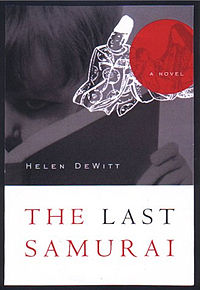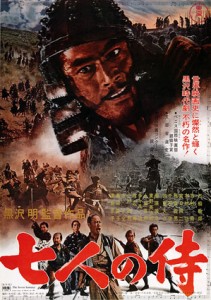REPRINT OF A REVIEW POSTED IN 2011. I will be posting a review of Helen DeWitt’s new collection of stories, Some Trick, within the week.
Note: This novel was SHORTLISTED for the IMPAC Dublin Award of 2002.
“I got home and I thought I should stop leading so aimless an existence. It is harder than you might think to stop leading an existence, & if you can’t do that the only thing you can do is try to introduce an element of purposefulness….and though I might have to wait another 30 or 40 years for my body to join the non-sentient things in the world, at least in the meantime it would be a less absolutely senseless sentience.”–Sybilla
 Author Helen DeWitt expresses her admiration, at one point, for “the type of person who thinks boredom a fate worse than death.” And she obviously writes for this type of reader as she performs amazing literary and scholarly acrobatics in this unique and energetic novel which never flags–and certainly never bores! No one will ever accuse her of the “senseless sentience,” she rejects in the lead quotation.
Author Helen DeWitt expresses her admiration, at one point, for “the type of person who thinks boredom a fate worse than death.” And she obviously writes for this type of reader as she performs amazing literary and scholarly acrobatics in this unique and energetic novel which never flags–and certainly never bores! No one will ever accuse her of the “senseless sentience,” she rejects in the lead quotation.
Main character Sybilla is the hard-working, single mother of Ludo, a 6-year-old genius who gobbles up even the most complicated subjects, seemingly overnight, and DeWitt incorporates many esoteric subjects here – Japanese language, Greek verbs, Icelandic verse, Fourier’s analysis, Arabic, astrophysics, and tournament chess, bridge, and piquet, among other things – as she describes their intellectual daily life together. Despite Sybilla’s arcane subjects and complex ideas, DeWitt manages to write so entertainingly about them that they enhance, rather than obscure, the human story at the heart of the novel, even for readers like me with little interest in many of these subjects.

Though Ludo is obviously extremely precocious, he is nevertheless a completely engaging and in many ways “typical” little boy, and the relationship between mother and son is mutually warm and endearingly protective. Both Sybilla and Ludo are fans of Akira Kurosawa’s The Seven Samurai, which Ludo knows by heart and searches in an effort to find the model for his absent father. This film (completely unrelated to the Tom Cruise film of a similar title) eventually forms the framework of the novel when Ludo decides to test seven fascinating and brilliant men whom Sybilla has known to see which, if any, of them might be his unknown father. His tests are ingenious and great fun to follow.
 The resulting story has everything. It is funny and sad and disarming and challenging – simultaneously amusing and poignant, and thought-provoking. The many layers which emerge as Ludo engages in his quest should keep readers, critics, and book clubs intrigued and entertained for years. But the book is at heart an absorbing human story–of identity, of aspirations and achievement, and, ultimately, of the love and connection which makes our personal journeys worthwhile. A wonder-filled novel from beginning to totally satisfying end.
The resulting story has everything. It is funny and sad and disarming and challenging – simultaneously amusing and poignant, and thought-provoking. The many layers which emerge as Ludo engages in his quest should keep readers, critics, and book clubs intrigued and entertained for years. But the book is at heart an absorbing human story–of identity, of aspirations and achievement, and, ultimately, of the love and connection which makes our personal journeys worthwhile. A wonder-filled novel from beginning to totally satisfying end.
ALSO by Helen DeWitt, a new collection of short stories, SOME TRICK
Photos, in order: The author’s photo appears on http://gggozu.com
The poster of the Japanese film version of The Seven Samurai is from http://www.japan-zone.com
Note: This novel is completely unrelated to the Tom Cruise film entitled The Last Samurai, though the author would probably have enjoyed the irony.
